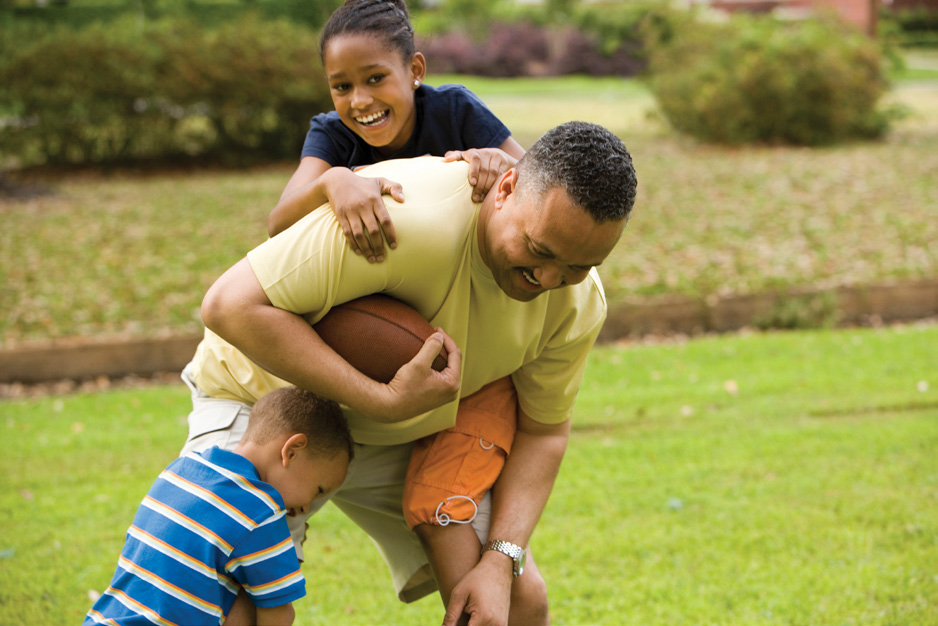The Mind/Body Connection
In the May newsletter, we were reminded that stress is a normal part of everyday life. We often don’t realize this, because resilience, the ability to cope and bounce back, is also a normal part of everyday life. We, and our children, are more capable, and even more amazing, than we realize!
How did stress get such a bad reputation? There are times in our lives, and our children’s lives, when stress gets the better of us. Perhaps something overwhelming has occurred, or we have many stressors bearing down on us at once. This strains our resilience. We find ourselves emotionally drained, short-tempered, or depressed. We experience physical discomforts like muscle tension, headaches or digestive distress. We may have trouble concentrating or staying on task. When this “extreme” stress occurs in your life or in your child’s life, please remember that you are not as helpless as you feel.
The Mind/Body Connection
You may wonder, how can mental distress cause so many symptoms? When stress happens, your body releases cortisol and adrenaline into your bloodstream, which help you respond quickly. Your heart rate increases, and takes energy from your digestive and immune systems. If this state lasts for a long while with no relief, health and emotional well-being suffer. Do you notice this in yourself or your child? Check in with your child about his or her day. What went well? What did not? You may notice stress responses that require coping strategies. Do the same for yourself.
You GOT This!
Even when you or your child experience extreme stress, you GOT this! If you can’t make the cause of the stress go away, use coping strategies to lower adrenaline and cortisol levels to tilt the balance back toward health and well-being. To release physical tension, nothing beats getting outside for some physical activity—a walk, time on a playground, a favorite sport, or dancing. Redirect emotional strain by spending time with friends or loved ones; listen to upbeat music; meditate or pray; engage in a hobby. Each day, give yourself a break, and remember…when stress happens, you GOT this!
Help is Nearby!
Stress is a Judgement-Free Zone. We all get overwhelmed once in a while, and we all deserve to feel and be well. If you find that your child, or you, feel continually overwhelmed and life is becoming unmanageable, there is help available, so seek it! Do you have a physician you can talk to? Perhaps your child can consult with a school professional.
Want to share this newsletter?

NEXT MONTH
With school in full swing, what stressors are added to family life? We will explore the stressors that your child faces during the school year, and address ways to provide support and encouragement to help them cope and succeed.




